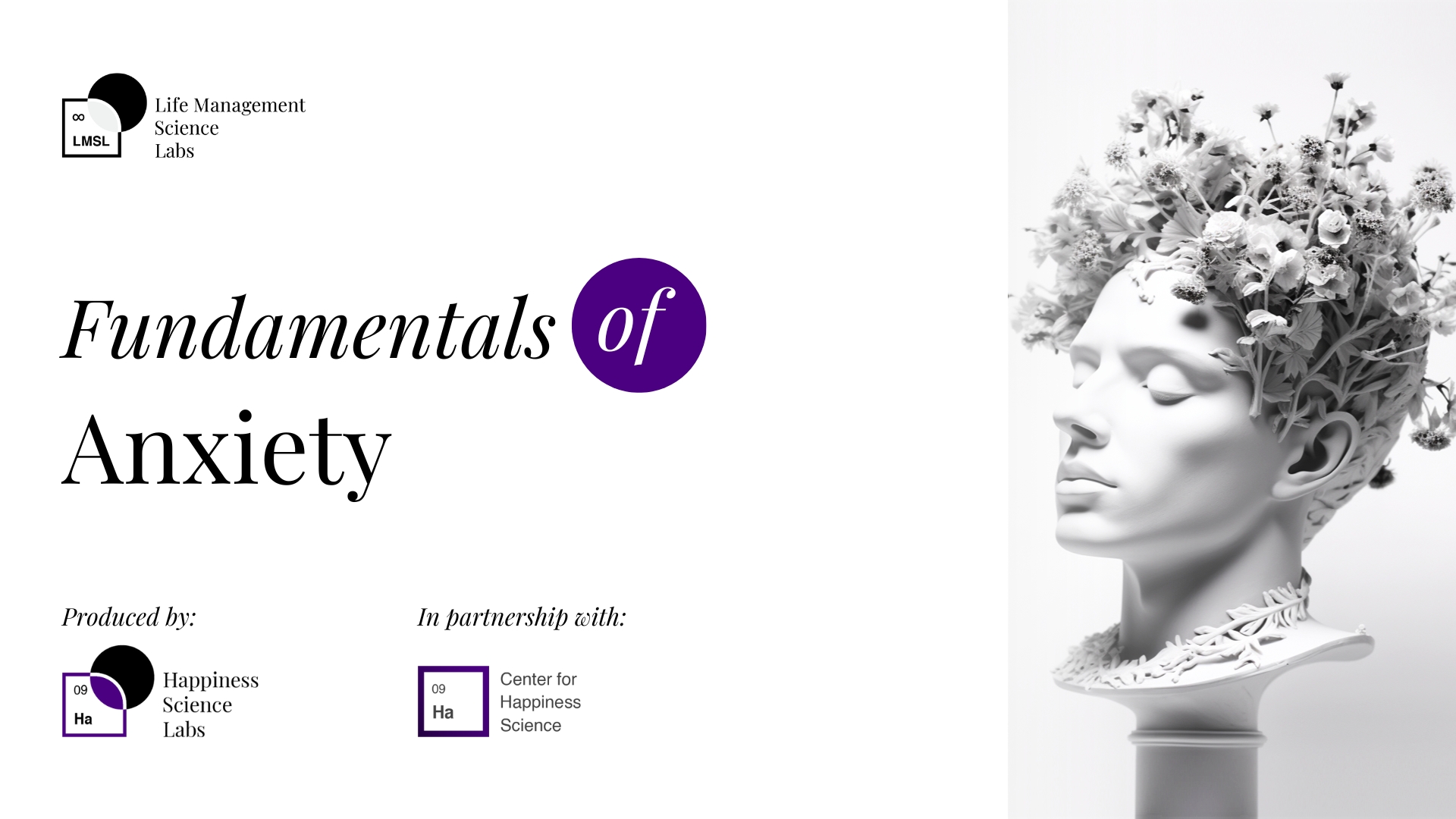About This Course
Course details:
About ILMS

The Institute for Life Management Science (ILMS) is a global research organization. It aims to identify and structure all aspects of human life into a comprehensive architecture. It provides a personal management experience based on scientific research across twelve centers.

